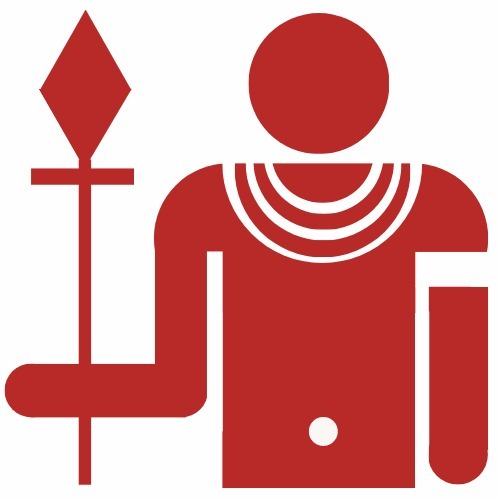Kenya is quickly becoming a deathbed for giant retailers. In a period of about six years, several retailers that had a national presence have met their grave in what appears to be a national curse that befalls whoever attempts to win the retail
The state owned Uchumi Supermarket has died multiple deaths, and what remaining is just a shell of what used to be. Nakumatt followed suit. It was once the biggest retailer in Kenya but met its death in 2017.
Ukwala was rescued by Choppies, but this later found its death in the Kenyan Market. Shoprite also exited Kenya, although it was also exiting many other markets outside South Africa. Ebrahims closed down in 2019.
Tuskys Supermarket is on life support.
Unexplained Failures
When Nakumatt shutdown, details of how the supermarket was operating shocked many. The supermarket was sustained by suppliers who supplied goods on credit and would be paid months later. Almost all the assets the company was using were leased, leading to a situation where the company was in debts worth billions of shillings but had very little assets. Disgruntled suppliers had nowhere to turn to.
This is the puzzle of the retailers that get goods on credit, sell in cash but suffer cashflow problems. What is killing them?
Among other reasons, bad management, fraud and outright theft are to blame.
Fraud in Family Businesses
One of the problems that have plagued major supermarkets in Kenya is that they are family ran businesses with little external oversight. There have been cases where directors and shareholder would get interest free loans from the businesses or simply get money transferred to their other companies.
In the case of Tuskys, this seems to be the cause of death. Nakumatt was also bleeding for the same reason. This could be a general pointer to how family owned enterprise are run in Kenya.
Theft in Retail
The retail sector is also a beneficiary of the rampant corruption that plagues the country. Kenyans holding political positions are extremely corrupt, but that is just a celebrity bias. Kenyans are corrupt at all levels, and any retail service provider will have to work very hard to stop their employees from stealing from them.
This is one reasons that were cited for the closure of Ebrahims supermarket, a 75-year-old retail chain in Kenya. Dishonest employees had milked it dry; never to rise again. I have personally witnessed an employee stealing from a supermarket and I have heard from a supermarket owner talking about the pain she went through as employees looted her business dry.
If you want to do retail business in Kenya, you must invest in good control mechanism.
The Future
Retails in Kenya seems to be a zero sum game. When Nakumatt died, Tuskys sprang up and grew quickly. With Tuskys on the deathbed, another giant is rising fast. Naivas now has 64 stores in Kenya, followed by Quickmart with 34 stores and Chanadarana with 20. Naivas and Quickmart have diverse ownership that includes foreign investors, and we hope that they will survive the curse that has stalked the Kenyan retail giants. Carrefour is also doing well, but they are all always doing well until the first domino moves and the whole thing crumbles.



